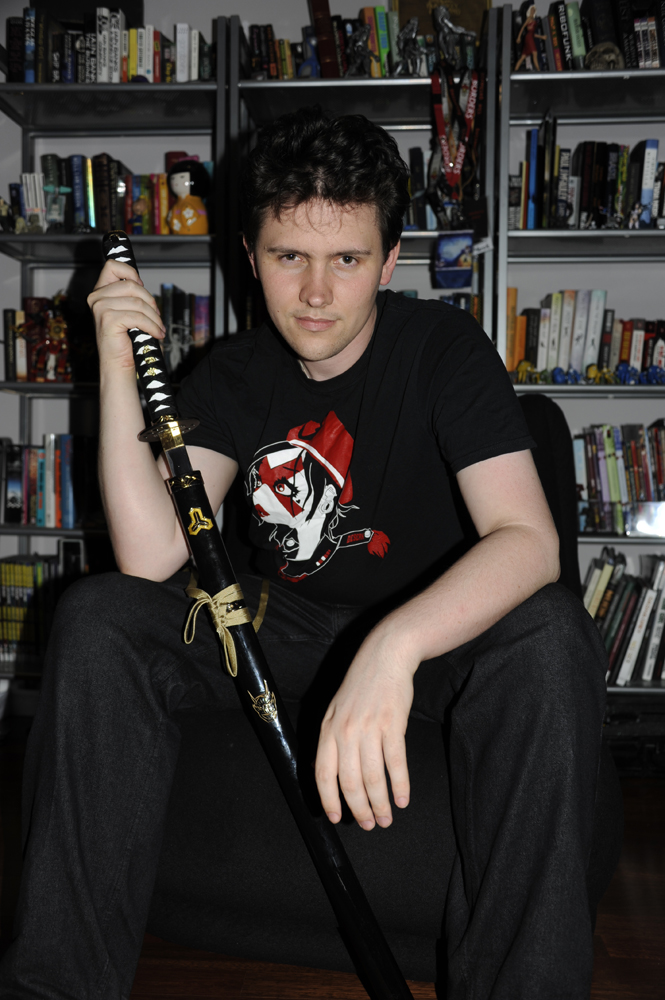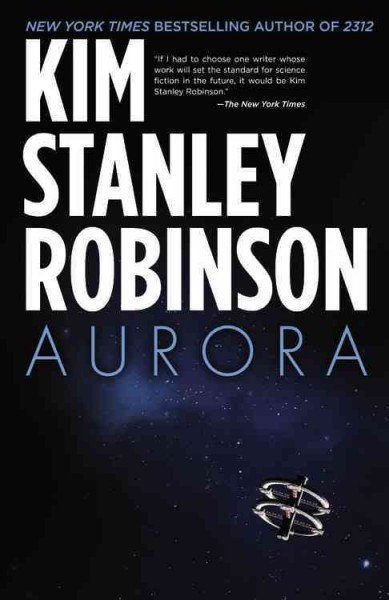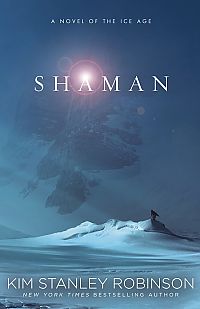
Jamie Marriage
Jamie Marriage is an internationally published Australian cyberpunk author with a taste for the dangerous and obscene aspects of life. His work ranges from the sarcastic to the satirical. Links to his work can be found at www.JamieMarriage.com
Jamie’s Top Reads for 2015:
 The Shepherd’s Crown – Terry Pratchett
The Shepherd’s Crown – Terry Pratchett
A beautifully tearful and satisfying end to the stories from the Discworld from one of the greatest writers of our time.- Aurora – Kim Stanley Robinson
The chillingly harsh depiction of the struggles of the space ship Aurora as she travels through the empty void of space in search of a new planet to call home. - Luna: New Moon – Ian McDonald
When every breath you take costs you money, and every step could cost you your life, sometimes it seems that the moon wants to kill you. There are a million ways to die on the moon; just working to stay alive is only the first of your challenges. - A Crucible of Souls – Mitchell Hogan
A world of fantasy and intrigue with plenty of incredible surprises in store. With more books to come in this series, it’s is only going to get better and better. - The Girl Thing Who Went Out For Sushi – Pat Cadigan
Defying outdated social constructs such as gender roles and identity, this short story is perfect in its succinctness and form, leaving the reader questioning what/who they are and where they fit in this universe.



































